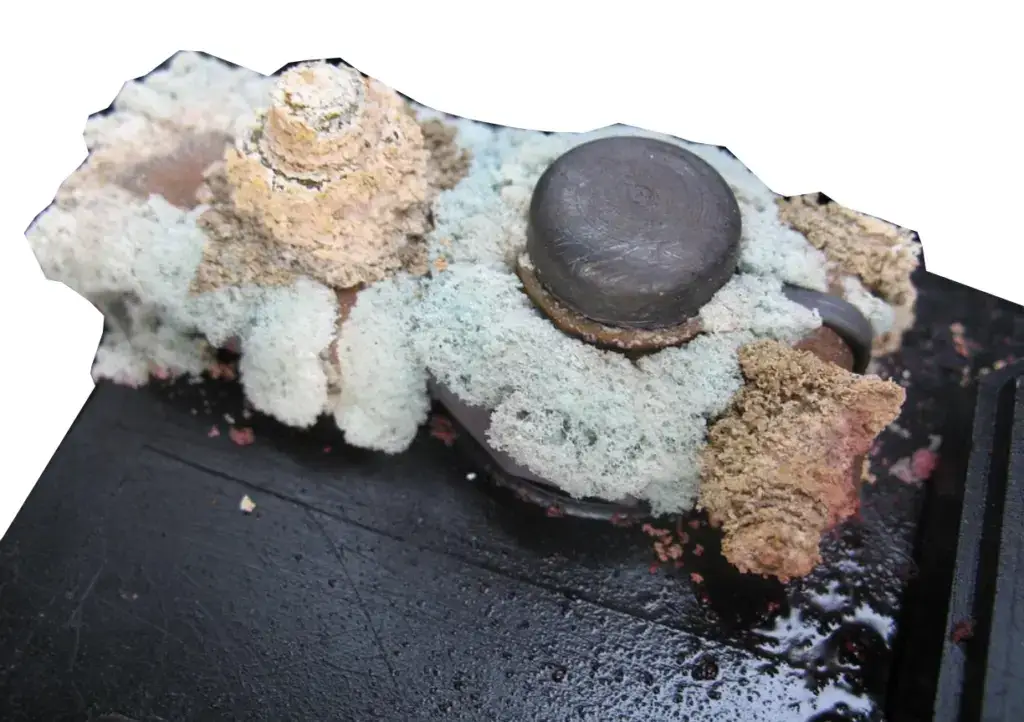How long does a car battery last? Understanding Battery Lifespan
Learn how long a car battery lasts and what makes them fail
Like all electrical components, a car battery has a limited lifespan. Due to the high electrical loads on modern vehicles, car batteries only last about 3 to 4 years. That’s less than in the past when car batteries lasted 4-5 years. Battery manufacturers tell us that only 30% of batteries sold reach the 48-month mark. 80% of early battery failures are due to battery plate sulfation caused by short drives and long periods of non-use.
How your driving habits affect car battery life
Car battery life depends on several factors, including driving habits, climate, and maintenance practices. The most significant, however, is how you drive.
If we learned anything from the pandemic, it’s that infrequent use and short trips killed a huge number of batteries worldwide. So many batteries died from non-use during the pandemic that the demand for replacement batteries in 2024 is up by almost 40%.
Why infrequent use kills your car battery
Modern vehicles draw a small amount of power from the battery even when it’s not running. The power is used to run the remote keyless entry system, the security alarm and to maintain computer memory. In addition to the constant power drain, all batteries self-discharge over time. Depending on the temperatures in your area, a standard flooded lead acid battery can lose up to 1% of its charge per day, even when it’s not connected to your vehicle. When you combine the self-discharge and the current draw from your vehicle, it’s not uncommon for your battery to become fully discharged in 4 to 6 weeks of non-use.
Lead acid car batteries develop serious sulfation when they sit in a discharged state for long periods. Sulfation happens when lead sulfate crystals form on the surface and in the pores of the active material of the battery’s lead plates. If caught early, a long, slow
recharge can convert them back into the electrolyte. However, if left uncharged for long periods, the crystals harden, killing the battery.
That’s why driving your vehicle to keep the battery charged is so important. If you can’t drive it, purchase a battery maintainer and plug it in. That’ll keep it fully charged and prevent sulfation from starting.
Why short trips reduce battery life
Short trips reduce battery life because starting your engine draws much power from the battery, and driving it for short trips doesn’t allow the charging system enough time to recharge. Then, if you do multiple short trips, you compound the problem, causing the battery to be even further discharged. After just a few weeks of short trips, your battery can fall to a dangerously low state of charge, causing the sulfation problem mentioned above.
Again, the key to getting the longest life out of your battery is to drive it for longer trips at least once every ten days or purchase a battery maintainer and use it once a month to charge it fully.
Heat is the next big killer of car batteries
Late-model cars and trucks have a packed engine bay. Plus, a turbo powers many engines, and those suckers generate a lot of heat. A car battery works by creating electricity through a chemical reaction. Increase the temperature, and you increase the rate of the chemical reaction. Heat (and running out of space under the hood) is one reason car makers move batteries under the back seat and in the truck.
Your climate is also a factor in battery life. If you live in a hot climate, you’ll have to replace your car battery more often than those who live in more moderate climates
More power accessories cause more stress on the car battery, causing them to fail sooner
GPS navigation systems, cellular phones, collision avoidance cameras, radar and lasers, heated seats and mirrors, video screens, high-powered sound systems, WiFi, and additional power ports equal more power usage. A typical automotive alternator can only produce about 30% of its maximum rated capacity at idle, so the rest of the power comes from your battery. If you idle for long periods while running your power accessories, you’ll reduce the life of your battery.
Car battery life depends on how well it’s secured in your car
Vibration is another killer of car batteries. Carmakers secure the battery with clamps and hold-down brackets to reduce vibration. If you don’t maintain those hold-down devices and let your battery bounce around, you’ll dramatically reduce its life.
Battery life also depends on how well you maintain it
Battery terminals and posts develop corrosion over time and

Notice the corrosion and the wetness on the top of the battery. This car battery is leaking between the case and the post
and corrosion increases electrical resistance. Increased electrical resistance results in a constantly discharged battery.
Battery terminals and posts should be cleaned with a wire brush at least once a year or whenever you see corrosion.
Give your battery an annual checkup

A modern battery tester can test your battery in seconds, giving you a pass/fail results. They’re very accurate
Modern battery testers can accurately diagnose the condition of your battery, giving you a simple pass/fail result. Any auto parts store will test your battery for free.
©, 2015 Rick Muscoplat
Posted on by Rick Muscoplat
